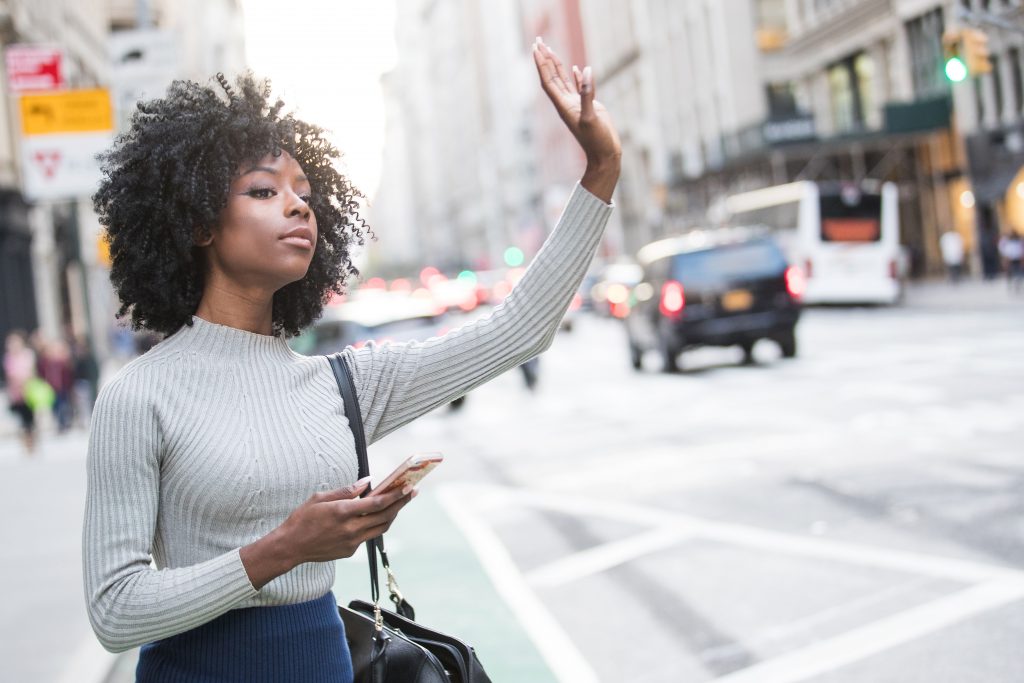
When I was a kid, my mom would often propose that we walk somewhere rather than drive to get exercise and save gas. I absolutely hated this and made a promise that I would never walk anywhere when I grew up, just to spite her. However, I grew to learn that she was right, like she is about most things, and now love choosing to walk places when I have the time and ability to.
Despite this, making the decision to walk wherever I can has often made my life more complicated than it has to be. Being catcalled by passing cars and getting propositioned by strange men who occasionally try to get me to accept rides from them has added unnecessary hassle and inconvenience to my routine. Walking at nighttime usually exacerbates these problems, and because I don’t have my license, I sometimes feel like using a rideshare app like Uber or Lyft is my only option for traveling safely. However, considering their poor track record with handling instances of sexual harassment and assault that customers endured while using their apps, viewing rideshare companies as a perfectly safe solution is potentially dangerous.
Rideshare companies like Uber and Lyft have marketed themselves as a safe alternative to get where you have to go, which can feel like a savior when you are running late or trying to get home after a few too many drinks. It especially stings to feel like the “safer” options that are peddled to you might be just as dangerous. While it is generally true that you are probably safer being in a car as opposed to walking on the street, especially while intoxicated, the number of cases of sexual harassment and assault that are reported while using rideshare apps says otherwise. With more and more inappropriate encounters like these, the promise of a safe environment that pays attention to customers’ well-being is called into question.
One San Francisco law firm, Levin, Simes Abrams LLP, claims that it opens five to 10 new sexual assault cases against Lyft and Uber a week. “Right now, we have over 100 cases between Lyft and Uber. We’re getting new cases every day,” said Laurel Simes, an attorney with the firm.
A lawsuit was filed against Lyft earlier this year by more than 14 unnamed plaintiffs accusing the company of hiring employees without conducting sufficient background checks or administering anti-sexual assault training. One of the plaintiffs, who said that she was raped by her Lyft driver in October 2018 after he took her phone and said that he loved her, said Lyft did not let her know if the driver was ever fired. The company maintains that they conduct criminal background checks and offer optional anti-sexual assault training, but that they cannot force drivers to complete the training because they are contractors.
While the apps maintain that they prioritize the welfare of their customers, Rachael Maier, who reported being harassed and stalked by her Uber driver to the app, found that he was still active on the app two years later with a 4.94 rating — even after she had received a message from the app saying that steps had been taken to deal with the problem, but that they had to remain confidential.
“Where is the transparency? … They’ll tell you how many late-night trips [a driver] has taken or if he has a clean car, but they won’t tell you how many people felt creeped out by him,” she said.
Rideshare drivers have also reported difficulties in documenting harassment. An anonymous driver said she was often offered money for sex from male passengers during her four years driving for Uber, but did not receive any kind of response when she made reports to the app. Kevai Floyd, another Uber driver in California, said she was kissed, groped and had her eyes covered by a drunk woman she was driving home. She said the emergency button available to drivers is hard to use while behind the wheel, and that she has only received acknowledgment of her complaint from Uber. “I made $9.20 on this ride for 15 minutes and 19 seconds to have this woman assault me like that,” she said.
It is bad enough to feel forced into spending money that could be better used elsewhere in order to get somewhere safely. Apps like Uber and Lyft simply must do better in order to right their wrongs and to avoid creating new ones. It is also important to remember that people who are harassed or assaulted should not be shamed, regardless of whether they chose to call a car, or took a chance and walked home. This work is not done until everyone feels safe, regardless of what decisions they make.
Annick Tabb is a senior double-majoring in German and English.



